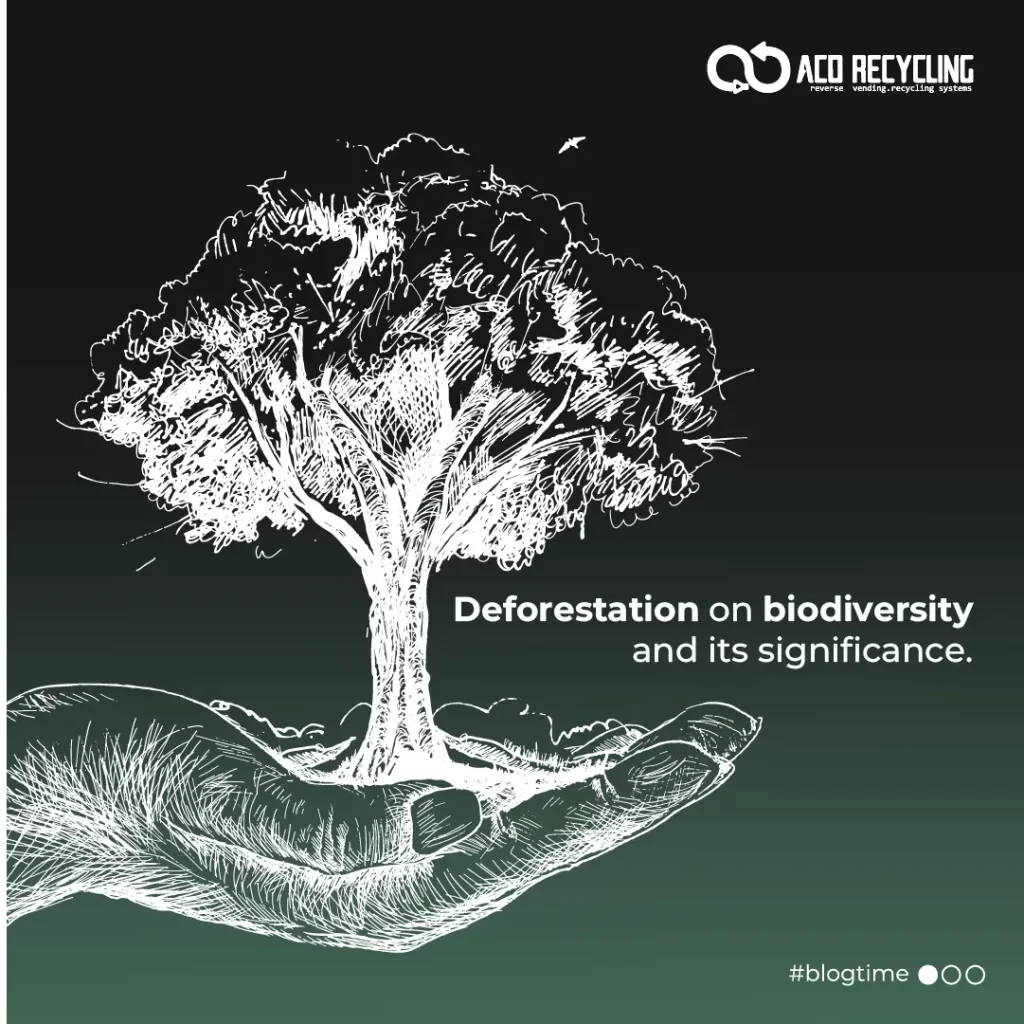
The Impact of Deforestation on Biodiversity
Deforestation is the permanent removal of trees from a land area, usually for agriculture, urban development, or logging. Deforestation has many negative consequences for the environment, especially for biodiversity. Biodiversity is the variety of life on Earth, including plants, animals, fungi, and microorganisms. In this blog post, we will explore how deforestation affects biodiversity and why it matters.
How Deforestation Affects Biodiversity
Deforestation reduces the amount and quality of habitat for many species, leading to population declines, extinctions, and loss of genetic diversity. According to the World Wildlife Fund (WWF), more than half of the world’s terrestrial biodiversity is found in forests, and about 80% of the world’s known terrestrial species live in forests. Some of the most biodiverse regions in the world, such as the Amazon rainforest, the Congo basin, and Southeast Asia, are also among the most threatened by deforestation.
Deforestation also disrupts the ecological interactions and processes that sustain biodiversity, such as pollination, seed dispersal, nutrient cycling, and carbon sequestration. For example, deforestation can reduce the availability of food and nesting sites for pollinators, such as bees, butterflies, and birds, which in turn can affect the reproduction and survival of many plant species. Deforestation can also alter the climate and hydrology of a region, affecting the temperature, precipitation, and soil moisture that influence biodiversity.
Why Biodiversity Matters
Biodiversity is not only important for its own sake, but also for the benefits it provides to humans and the planet. It supports many ecosystem services that are essential for human well-being, such as food production, water purification, climate regulation, disease control, and cultural values. According to the United Nations Environment Programme (UNEP), the economic value of ecosystem services provided by biodiversity is estimated at US$125 trillion per year.
Biodiversity plays a pivotal role in enhancing human well-being across various domains, including health, nutrition, and security. Numerous pharmaceuticals owe their existence to the wealth of plant and animal species inhabiting forests, exemplified by essential drugs like aspirin, quinine, and penicillin. Furthermore, the agricultural sector draws upon wild counterparts of cultivated crops to bolster genetic diversity and fortify resistance against pests and diseases. Additionally, countless individuals derive their livelihoods from forest resources, encompassing timber, fuelwood, rubber, and honey, underscoring the multifaceted significance of biodiversity in sustaining human needs and prosperity.
Conclusion
Deforestation is a major threat to biodiversity and the ecosystem services it provides. Deforestation not only harms the environment but also undermines human well-being and development. To conserve biodiversity and its benefits, we need to stop deforestation and restore degraded forests. We also need to promote sustainable forest management practices that balance the needs of people and nature. By protecting forests and biodiversity, we can ensure a healthy and prosperous future for ourselves and generations to come.

